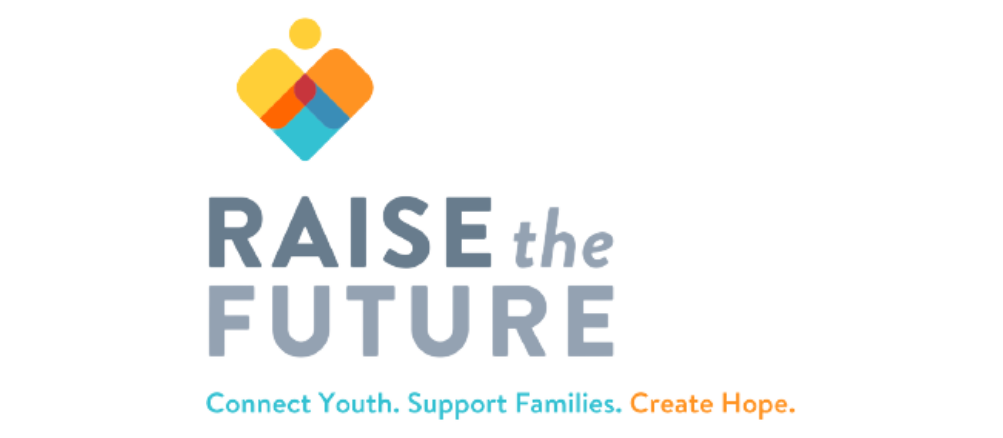Foster care is the temporary placement of children outside of their own homes. Children and youth are placed in care due to abuse, neglect, or other significant concerns that put the child’s safety at risk. The length of time a child remains in foster care can vary from overnight to several months or even years.
There are currently over 437,000 children and youth in foster care across the United States. Whenever a child is removed from their home, the goal is to reunify them with their parents or primary caregivers. Foster care can be an opportunity to identify a family’s needs, form supportive relationships, and respond with the right mix of services to get them on the path to reunification. Foster care is a support to families, not a substitute for parents.
The process of becoming a foster parent varies slightly from state to state. Click here to learn more about foster care in your state. Regardless of where you live, the first step is to contact your local county department of human services or a child placement agency and attend an information meeting. Foster parents must also complete core training and obtain additional certifications, such as CPR and first aid. The county or child placement agency that you are working with may also require other trainings.
There are few limitations on who can be a foster parent, but you must pass a background check, complete training, and receive an approved home study from a county human services department or child placement agency. In most states, foster parents must be 21 years of age; however, some states have a lower minimum age of 18.
Foster parents receive a monthly reimbursement to offset the costs of providing food, shelter, clothing, and other related expenses for the children or youth in their care. The amount depends on a variety of factors, such as the age of the child and the level of care they need. Foster parents are not expected to pay for medical or dental care, as these expenses are generally covered by Medicaid.
If you have more questions about becoming a foster parent, please contact us. We are here to support you.
Additional Resources:

